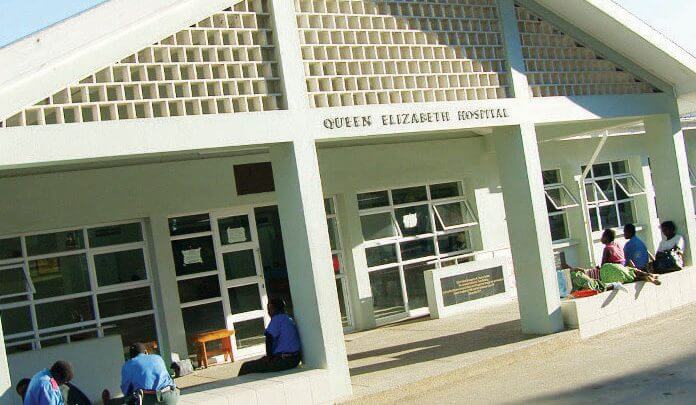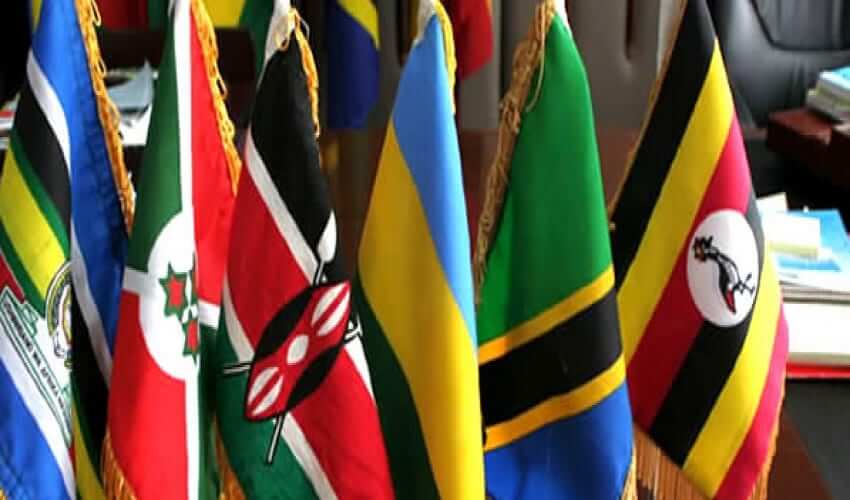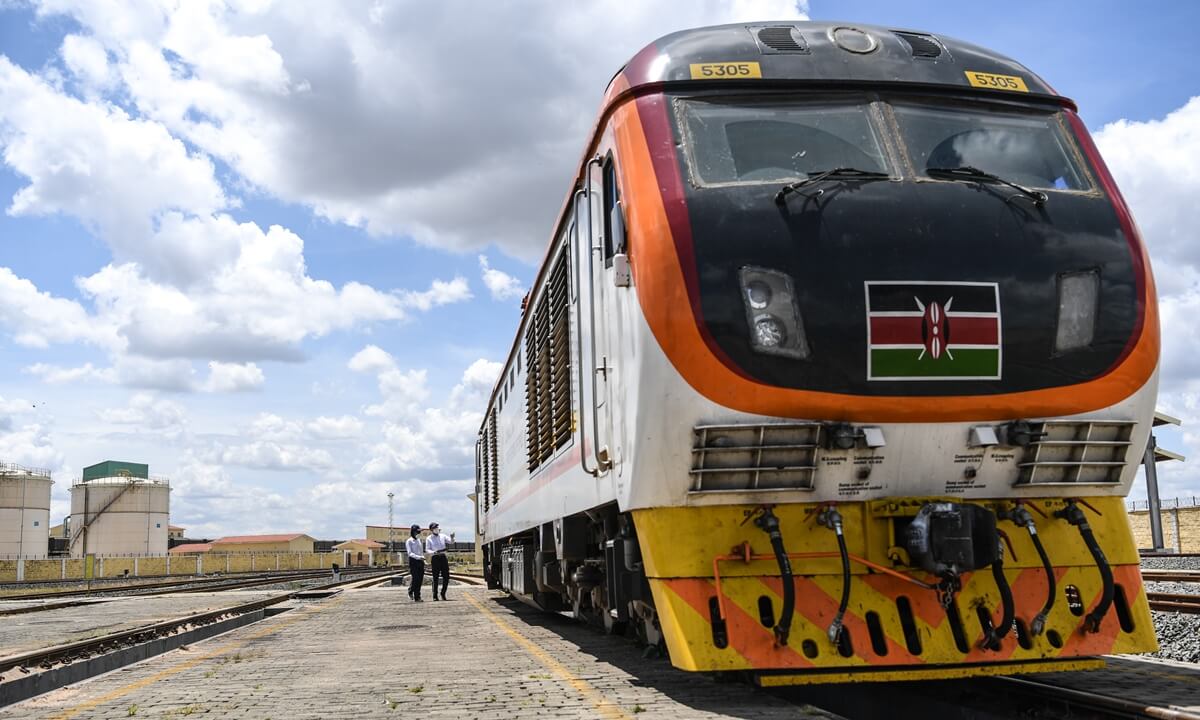Traders in Tanzania stand to benefit from increased efficiency following launch of the Trade Information Portal in Tanzania (www.tantrade.go.tz), which has consolidated more than 100 documents and procedures required for import and export business in Tanzania on one online platform. The portal is estimated to serve at least 1.5 million users per month and publishes information on 84 procedures made up of 336 steps, 851 forms and documents, 140 contact persons, 88 norms and laws. It covers 11 priority product groups (6 products for export and import, thus ensuring a shorter period in the export and import processes. Completion and launch of the information portal make Tanzania the fourth country in the East Africa Community (EAC) to fulfil Article 1 of WTO Trade Facilitation agreement which requires member states to publish their trade procedures online, displaying them step-by-step, with contact information on enquiry points, access to forms and other required documents and all relevant trade and customs laws. Tanzania Trade Development Authority (TanTrade), Business Registrations and Licensing Agency (BRELA) under the Ministry of Industry and Trade (MIT) implemented the portal with financial support of approximately US$ 498,000 from the United States Agency for International Development (USAID) through TradeMark Africa (TMA). United Nations Conference on Trade and Development (UNCTAD) provided technical assistance. Presiding over the launch, the Zanzibar Minister for Industry and Trade, Hon. Omar Shaban (MP) said, “The Tanzania trade portal is part of the Government’s initiative to facilitate trade in line with the World Trade Organization (WTO) Agreement on...
Tanzania bets on one stop trade portal to boost international commerce
Posted on: July 14, 2021
Posted on: July 14, 2021
























